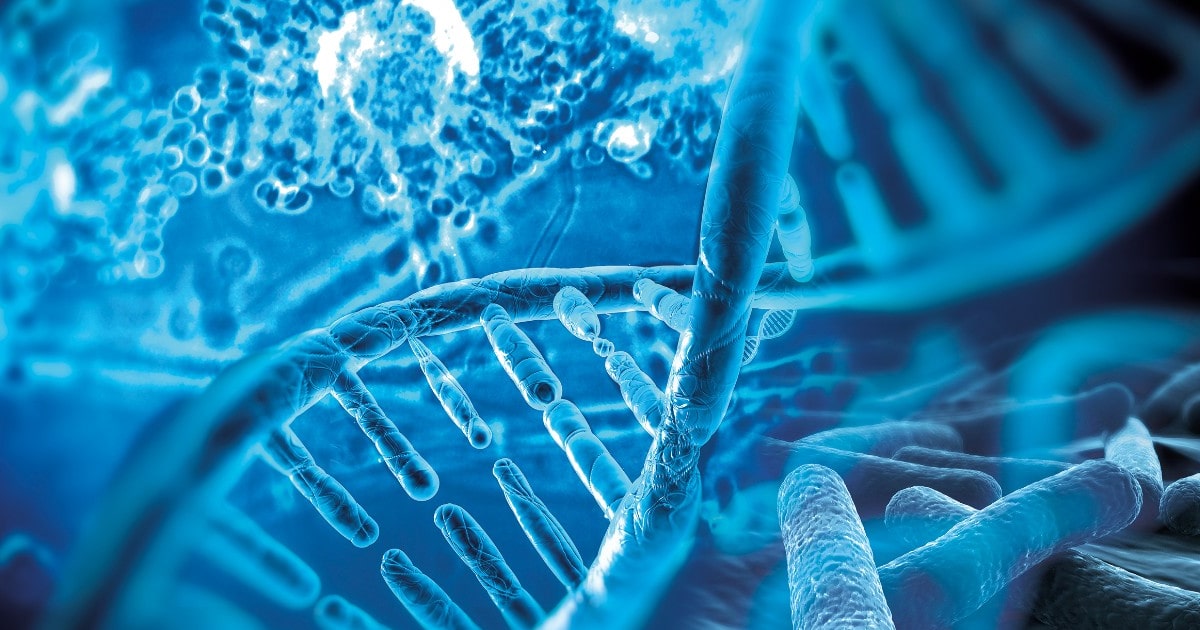
Expert Reviewed By: Dr. Brandon Colby MD
Mitochondrial DNA depletion syndrome 13 (MTDPS13) is a rare and severe genetic disorder primarily affecting children. Characterized by a significant reduction in mitochondrial DNA (mtDNA) within cells, this condition leads to a myriad of symptoms that often manifest early in life. Recent advancements in genetic testing have opened new avenues for diagnosing and managing such complex disorders. This article delves into the intricacies of MTDPS13 and explores how genetic testing can be a beacon of hope for affected families.
Understanding Mitochondrial DNA Depletion Syndrome 13
MTDPS13 is one of several mitochondrial DNA depletion syndromes, distinguished by its association with mutations in the FBXL4 gene. This gene plays a crucial role in maintaining mitochondrial function, and its mutation can lead to severe energy production deficits in cells. Children with MTDPS13 often exhibit symptoms such as developmental delay, muscle weakness, and neurological impairments, typically appearing within the first few months of life.
The diagnosis of MTDPS13 is challenging due to its rarity and the overlap of symptoms with other mitochondrial disorders. However, identifying the specific genetic mutation responsible is crucial for accurate diagnosis and management. This is where genetic testing becomes invaluable.
The Power of Genetic Testing
Early Diagnosis and Intervention
Genetic testing allows for the early identification of the FBXL4 gene mutation responsible for MTDPS13. Early diagnosis is critical, as it enables healthcare providers to implement interventions that can mitigate some of the disease's symptoms and improve quality of life. For instance, nutritional support and physical therapy can be started promptly, potentially slowing the progression of muscle weakness and developmental delays.
Precision in Treatment Planning
Once a genetic mutation is identified, treatment plans can be more accurately tailored to the specific needs of the patient. While there is currently no cure for MTDPS13, understanding the genetic underpinnings allows for a more targeted approach to symptom management. In some cases, experimental treatments or participation in clinical trials may become viable options, offering hope for new therapeutic strategies.
Family Planning and Genetic Counseling
Genetic testing also plays a pivotal role in family planning. For parents who have a child with MTDPS13, understanding the genetic basis of the disorder can inform future reproductive decisions. Genetic counseling can provide insights into the likelihood of recurrence in future pregnancies and explore options such as preimplantation genetic diagnosis (PGD) for those considering in vitro fertilization (IVF).
Facilitating Research and Advancements
On a broader scale, genetic testing contributes to research efforts aimed at understanding MTDPS13 and related disorders. By compiling genetic data from affected individuals, researchers can identify patterns and potentially discover new therapeutic targets. This collective knowledge accelerates the development of innovative treatments and enhances our understanding of mitochondrial diseases as a whole.
Challenges and Considerations
While genetic testing offers numerous benefits, it is not without challenges. The rarity of MTDPS13 means that genetic testing may not always be readily accessible or covered by insurance. Additionally, the emotional and psychological impact of a genetic diagnosis can be significant for families, necessitating comprehensive support services.
Despite these challenges, the potential of genetic testing to transform the landscape of mitochondrial disorders is undeniable. As technology advances and awareness grows, the hope is that more families will have access to these critical diagnostic tools.
Conclusion
Mitochondrial DNA depletion syndrome 13, with its complex genetic roots and severe clinical manifestations, poses significant challenges for affected families. However, the advent of genetic testing offers a promising path forward. By enabling early diagnosis, guiding treatment, supporting family planning, and fueling research, genetic testing stands at the forefront of efforts to improve outcomes for those living with this rare disorder.
For further reading on this topic, please refer to the study linked here: Study on Mitochondrial DNA Depletion Syndrome 13.
About The Expert Reviewer
Dr. Brandon Colby MD is a US physician specializing in the personalized prevention of disease through the use of genomic technologies. He’s an expert in genetic testing, genetic analysis, and precision medicine. Dr. Colby is also the Founder of and the author of Outsmart Your Genes.
Dr. Colby holds an MD from the Mount Sinai School of Medicine, an MBA from Stanford University’s Graduate School of Business, and a degree in Genetics with Honors from the University of Michigan. He is an Affiliate Specialist of the American College of Medical Genetics and Genomics (ACMG), an Associate of the American College of Preventive Medicine (ACPM), and a member of the National Society of Genetic Counselors (NSGC)